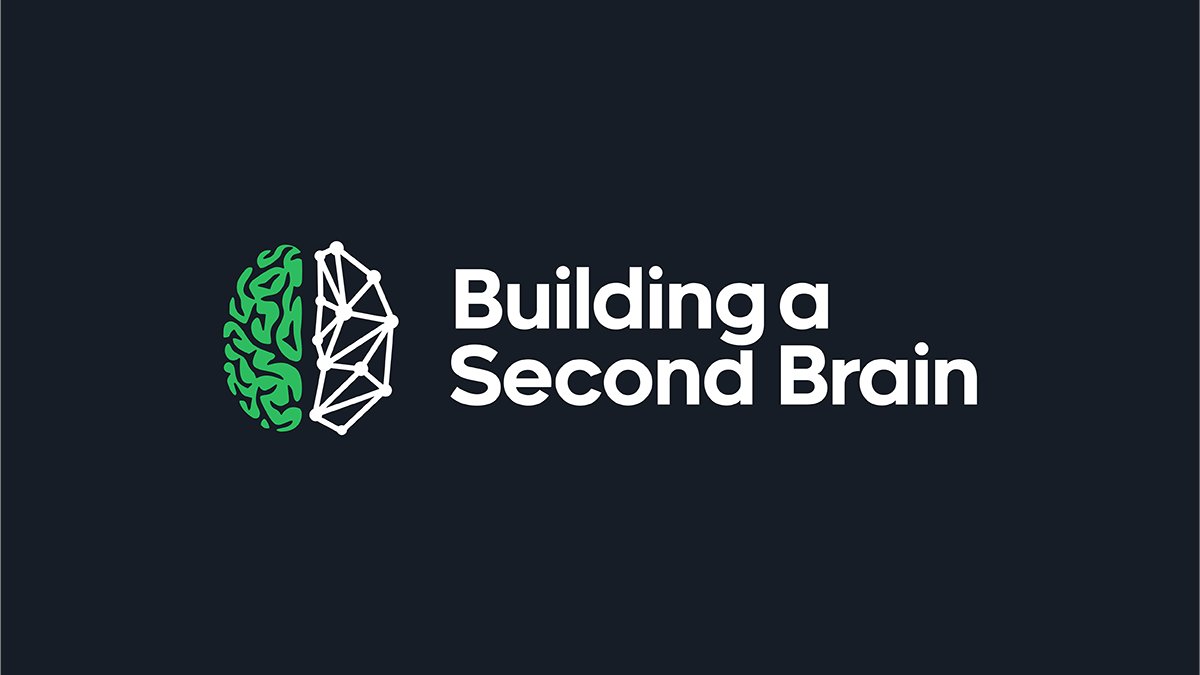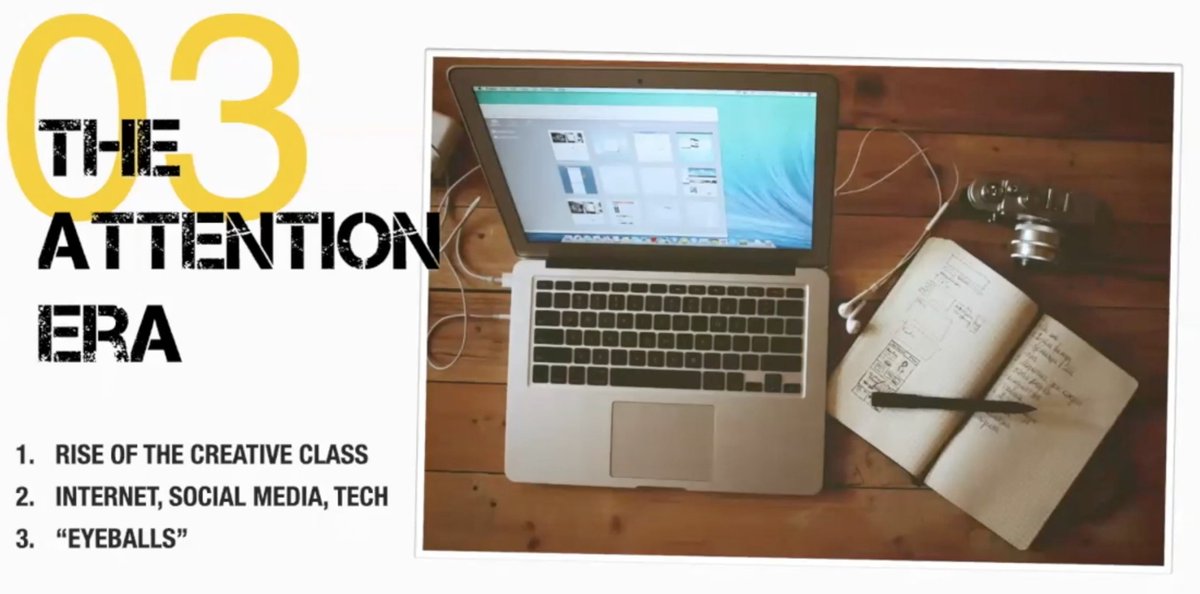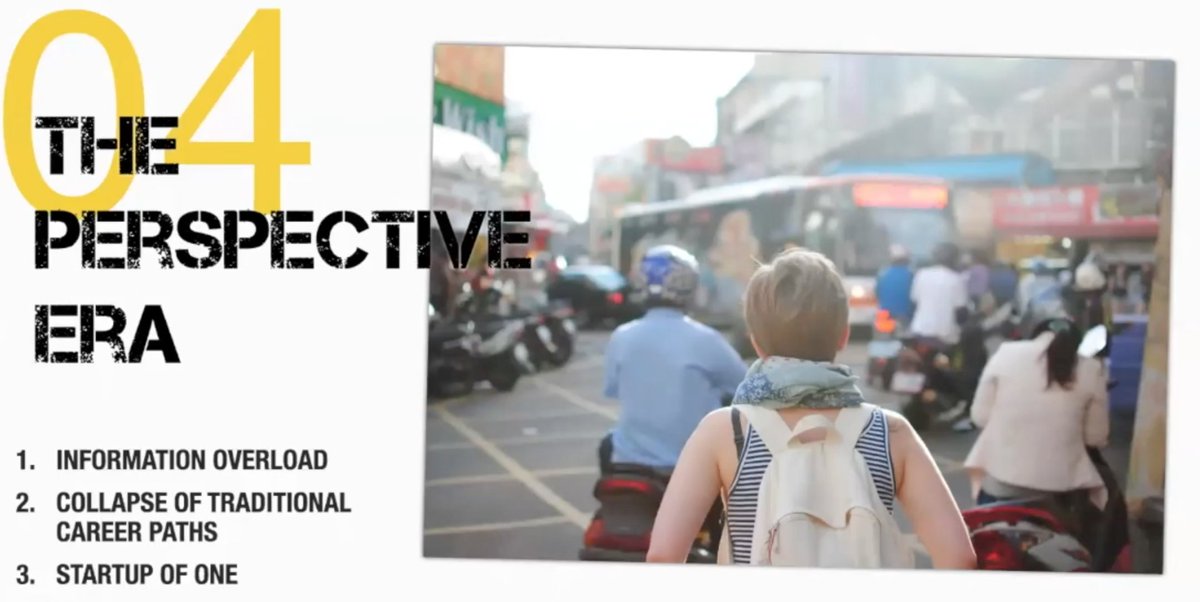
What is metacognition?
That's the question we made sense of in the first week of @ness_labs' phenomenal Collector to Creator course.
Metacognition is an essential tool if you want to become a better thinker, learner, and creator.
A 🧵 thinking about thinking.
That's the question we made sense of in the first week of @ness_labs' phenomenal Collector to Creator course.
Metacognition is an essential tool if you want to become a better thinker, learner, and creator.
A 🧵 thinking about thinking.
Cognition is the mental process that helps us gain knowledge and solve problems.
Metacognition means that you look at those cognitive processes so you can get better at them. It's thinking about thinking, learning about learning, knowing about knowing.
Metacognition means that you look at those cognitive processes so you can get better at them. It's thinking about thinking, learning about learning, knowing about knowing.
Metacognition has three parts, together forming the metacognitive loop:
• Metacognitive knowledge—understanding cognitive processes.
• Metacognitive regulation—understanding how you learn.
• Metacognitive experience—becoming aware of emotions during learning.
• Metacognitive knowledge—understanding cognitive processes.
• Metacognitive regulation—understanding how you learn.
• Metacognitive experience—becoming aware of emotions during learning.

Having metacognitive knowledge means that you understand general cognitive processes.
When you understand how people generally learn and make sense of information, you rely less on intuition and use more of what objectively works.
When you understand how people generally learn and make sense of information, you rely less on intuition and use more of what objectively works.

Metacognitive regulation enables you to become aware of how you learn best.
This means discovering what activities help you most to understand topics and stay motivated. It also means listening to your energy levels and when to take breaks.
This means discovering what activities help you most to understand topics and stay motivated. It also means listening to your energy levels and when to take breaks.

The metacognitive experience is something we feel but not often think about.
What does learning a topic do with you? Does it bring excitement and a state of flow? Or are you feeling anxious?
Becoming aware of your emotional states is essential to become an effective learner.
What does learning a topic do with you? Does it bring excitement and a state of flow? Or are you feeling anxious?
Becoming aware of your emotional states is essential to become an effective learner.

To use the metacognitive loop effectively, we need to master three skills.
Each skill is connected to one of the metacognitive areas:
• Planning 🔗 metacognitive knowledge.
• Monitoring 🔗 metacognitive regulation.
• Evaluating 🔗 metacognitive experience.
Each skill is connected to one of the metacognitive areas:
• Planning 🔗 metacognitive knowledge.
• Monitoring 🔗 metacognitive regulation.
• Evaluating 🔗 metacognitive experience.

Metacognitive planning has two ingredients:
• Time—when will you take time for inspiration, ideation, introspection, and idleness?
• Tools—what will you use to plan your days and manage your projects?
• Time—when will you take time for inspiration, ideation, introspection, and idleness?
• Tools—what will you use to plan your days and manage your projects?
Metacognitive monitoring helps you to create.
• Cultivate the habit of note-taking, so what you learn can be revisited and connected with other ideas.
• Choose tools for desktop and mobile use, so thinking and learning become flexible and frictionless.
• Cultivate the habit of note-taking, so what you learn can be revisited and connected with other ideas.
• Choose tools for desktop and mobile use, so thinking and learning become flexible and frictionless.
Evaluating your experience keeps the metacognitive loop going.
Evaluation involves:
• Goal setting—only measure what you can directly influence.
• Reflection—have a reflective practice to keep track of your thoughts and emotions.
Evaluation involves:
• Goal setting—only measure what you can directly influence.
• Reflection—have a reflective practice to keep track of your thoughts and emotions.
Only set goals that depend on you.
You can only evaluate your experience if you set goals over which you have control.
🚫 Reach 10,000 subscribers in 6 months.
✅ Publish 12 articles in 6 months.
You can only evaluate your experience if you set goals over which you have control.
🚫 Reach 10,000 subscribers in 6 months.
✅ Publish 12 articles in 6 months.
Reflect to learn and adjust.
Ask yourself questions about:
Time
• Is my schedule sustainable?
• Am I working at the right time of the day?
Tools
• Am I using the right tools?
• Is my current toolkit helping me or gets it in the way?
• Can I simplify my stack?
Ask yourself questions about:
Time
• Is my schedule sustainable?
• Am I working at the right time of the day?
Tools
• Am I using the right tools?
• Is my current toolkit helping me or gets it in the way?
• Can I simplify my stack?
Fellow students, what are your main takeaways from the first module of @ness_labs' Collector to Creator course?
Any interesting connections you've made?
Any interesting connections you've made?
• • •
Missing some Tweet in this thread? You can try to
force a refresh







